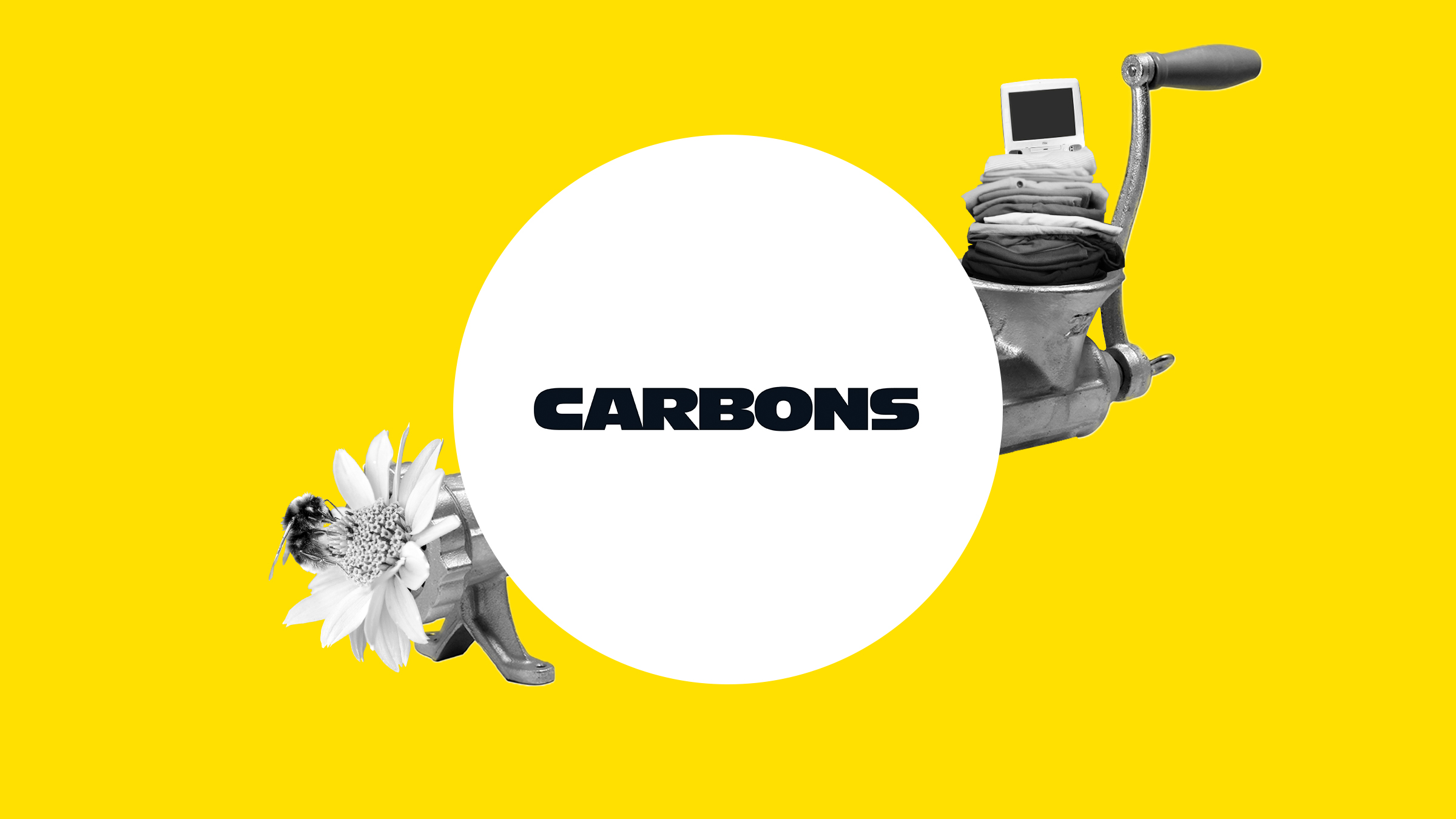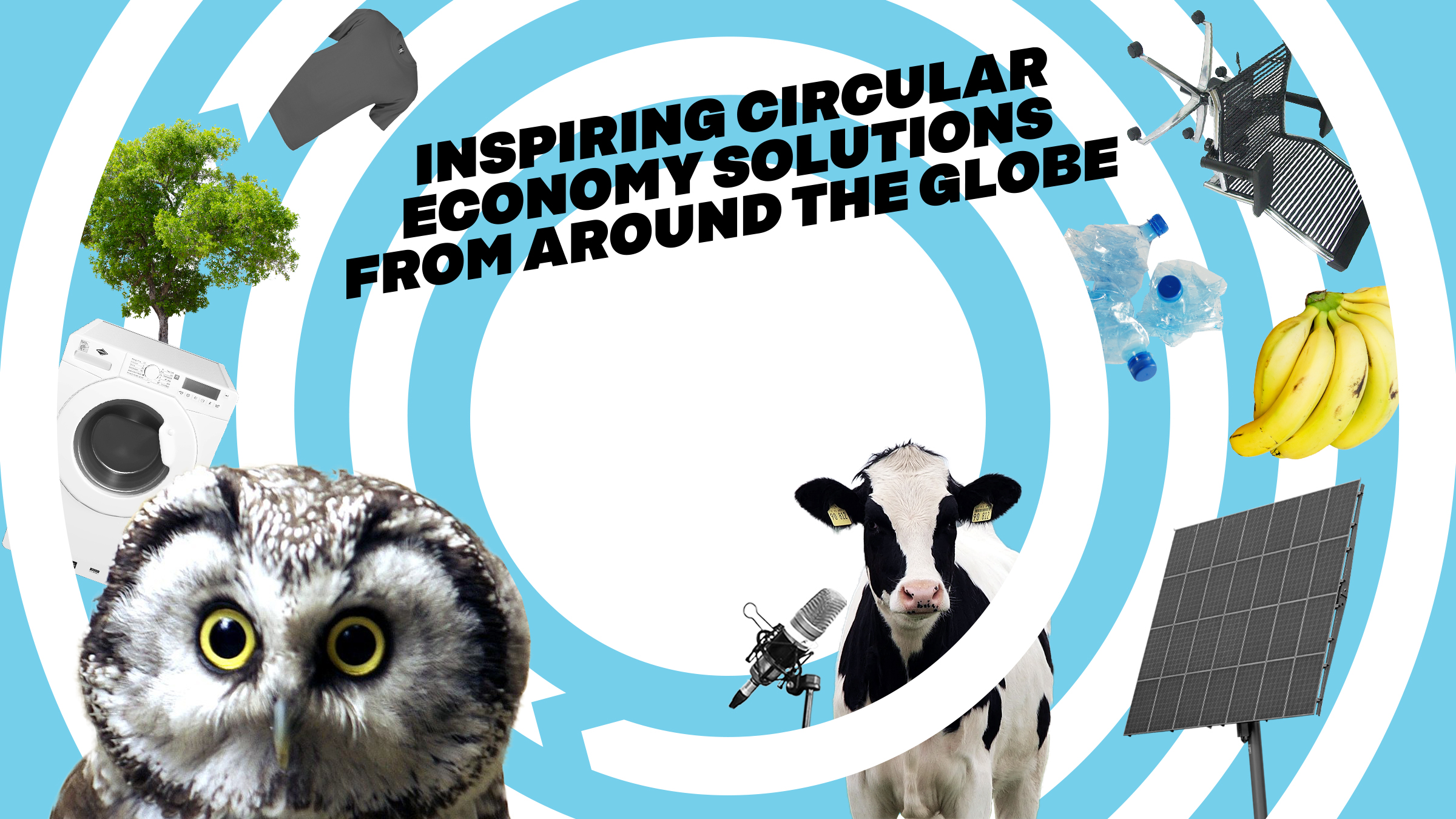Carbons Finland’s hybrid biofilter is a natural and highly scalable solution that prevents nutrient leakage from fields and thereby improves local water quality. At their end-of-life, the biofilters can then be reused in several applications to release the captured nutrients back to their natural cycle.
The development of the solution started from a research program from the Finnish Ministry of the Environment to identify a way to reduce nutrient leakage from the agricultural sector. The subsidy system and environmental regulation for the agricultural sector requires limiting nutrient leakage and there is a need for solutions that are easily accessible.
Problem
Controlling excess nutrients from manure, sludge and biomass as well as impurities from urban stormwater is currently inadequate. The nutrients from agricultural fields and other impurities from urban areas end up in rivers, lakes and seas, where they cause eutrophication and degrade water quality. With increasing heavy rains, the impurities washed into natural waters will increase and further worsen the negative impacts on water quality and ecosystems.
Solution
Carbons Finland’s hybrid biofilter is composed of biochar and woodchips. The mechanism is simple: the biofilter is placed in a waterway, for example a ditch where it captures excess nutrients and other impurities that have dissolved into the waterway. The biofilter offers an affordable and easy solution to decrease the environmental impact of, for example, agricultural operations.
The nutrients caught in the biofilter can be recycled back to soils, decreasing the need for chemical fertilisers, or added to compost to make it more productive and less odorous. The used biofilters can be used as an integrative factor to combine water, nutrients and microbes in soil. The solution generates raw materials that can be used as recycled inputs instead of virgin raw materials, which exposes more people to the circular economy.
Environmental impact
Carbons Finland’s solution significantly reduces nutrient leakage to waterways, thus reducing eutrophication and biodiversity loss. The used biofilters can reduce soil degradation and increase carbon content of the soil which fosters plant growth and can help to restore ecosystem services. When applied in green infrastructure, biochar can help to reduce impurities leaking from urban stormwaters to waterbodies.
Social impact
The solution improves community resilience and social wellbeing as it contributes to cleaner and healthier waterbodies and supports ecosystems both on land and under water.


Inspired?
Check out all solutions.